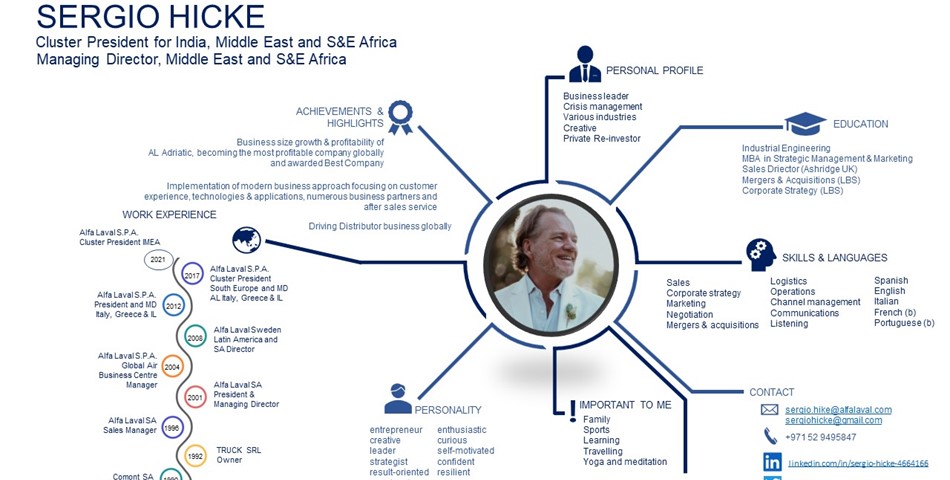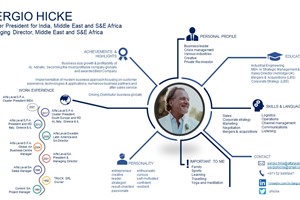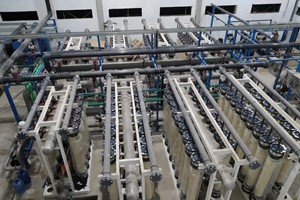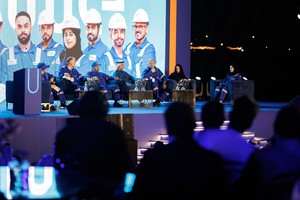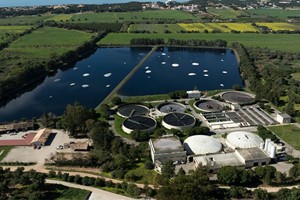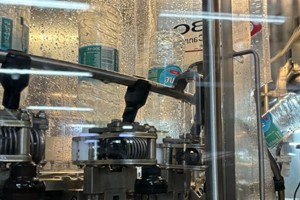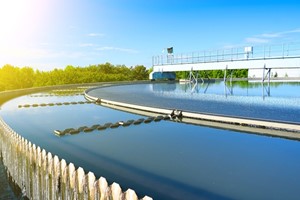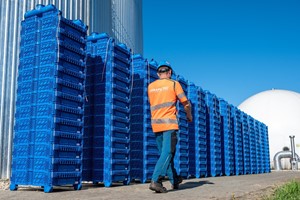The Middle East is blessed with abundant marine biodiversity, natural ecosystems and a strategically advantageous geopolitical position. Nations have grown exponentially because of marine and seaborne trade with economies thriving from trade, fishing, leisure and tourism throughout the Red Sea, East Africa and the Indian subcontinent.
Both governments and businesses across the aforementioned sectors have exciting visions to capitalise on this legacy. As the maritime industry pursues bold sustainability targets, business collaboration with forward-thinking governments will be key to ensure best practices are shared.
There is an undoubted urgent need for action as international shipping emits 2-3 percent of global greenhouse gas emissions, transporting close to 80 percent of global trade by volume.[1] Shipping companies, research institutes and more can, and must, act decisively to ensure the shipping industry reduces emissions with sustainability and net-zero at the heart of growth.
Global organisations are working tirelessly to promote the net-zero agenda and build on the momentum of the recent COP26 agreement, held last year in Glasgow. For example, the International Marine Organization has set a target to reduce global CO2 emissions by 40 percent, with reference to the 2008 level of emissions, by 2030. The marine industry is now becoming strictly regulated with set targets for how to ease the environmental impact of activities.
Forward thinking collectives committed to fighting climate change, such as the Getting to Zero Coalition, are leading the way with plans to introduce zero-emission vessels by the year 2030. Comprising more than 150 companies within the maritime, energy, infrastructure and finance sectors, and supported by key governments and IGOs, the coalition spearheads the development of game-changing technology and scalable infrastructure to provide zero-carbon energy sources.
The net-zero momentum in the Middle East is being spearheaded by governments as countries with long coastlines show leadership and initiative on tackling issues of climate change with the UAE pledging net-zero by 2050 and Saudi Arabia by 2060. Alfa Laval is one of many companies making the transition easier for the maritime industry with innovative energy-efficient technology meeting the high demands for energy consumption, historically seen as difficult to decarbonise.
Nations in the region with a strong maritime past are harnessing the power of technology within the net-zero agenda to support job growth and long-term economic prosperity. Maritime ports such as Dubai have evolved to become truly global hubs and serious players in the global maritime industry.
Furthermore, the Dubai Industrial Strategy 2030 encouragingly identified the maritime sector as one of the six priority sectors. Middle Eastern governments are creating conditions for the growth of the maritime industry and increasing the importance of ports as major maritime centres.
To conclude, it is clear governments and businesses in the region are rising to the challenge and helping customers in their journey to meet and comply with ambitious net-zero targets, driving green development across the Middle East. As the mood shifts towards sustainability, maritime shipping's decarbonization will solve challenges for businesses with innovative technology transitioning the region towards a net-zero maritime industry
[1] Source - Global Maritime Forum https://www.globalmaritimeforum.org/getting-to-zero-coalition



